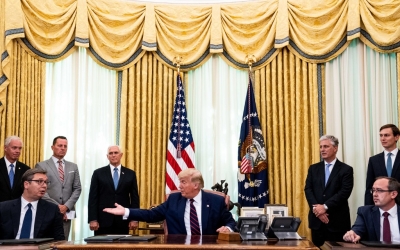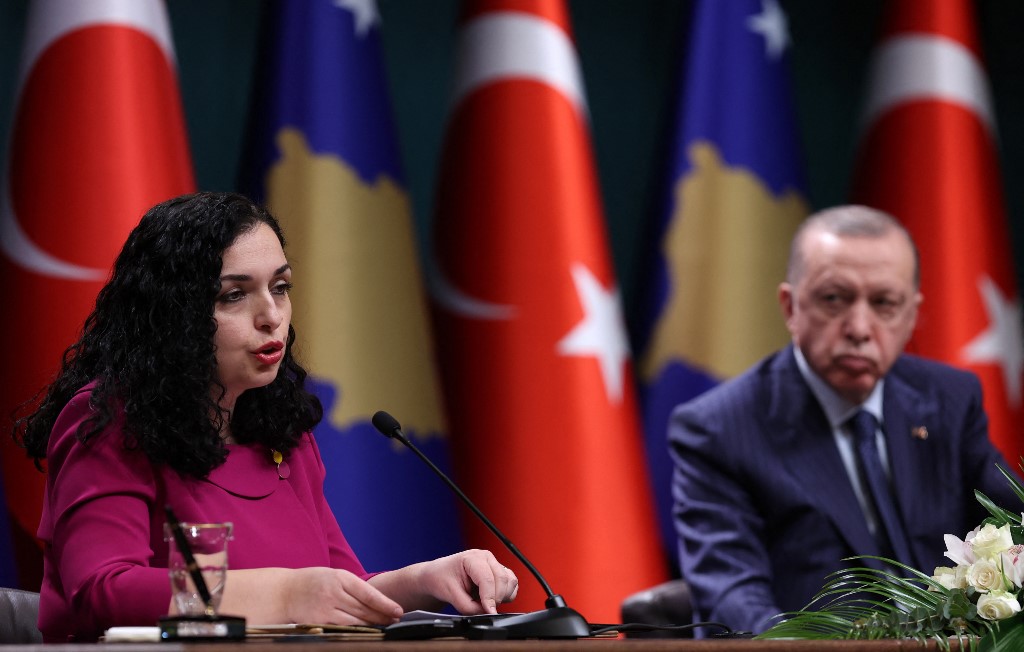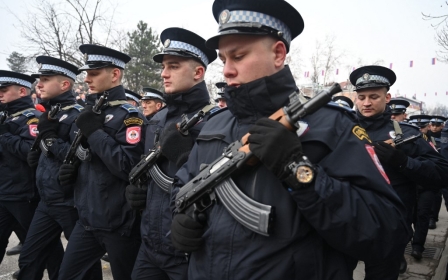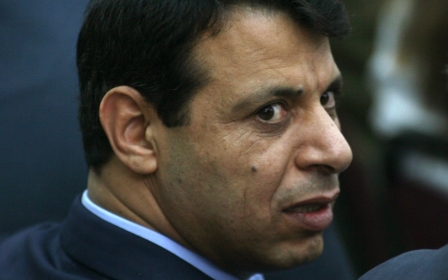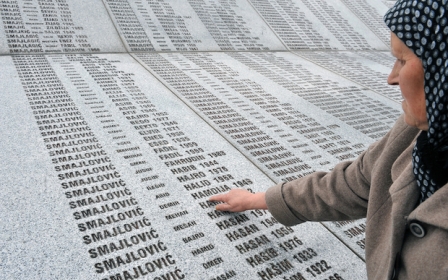Kosovo-Serbia tensions: Why Turkey wants to maintain peace
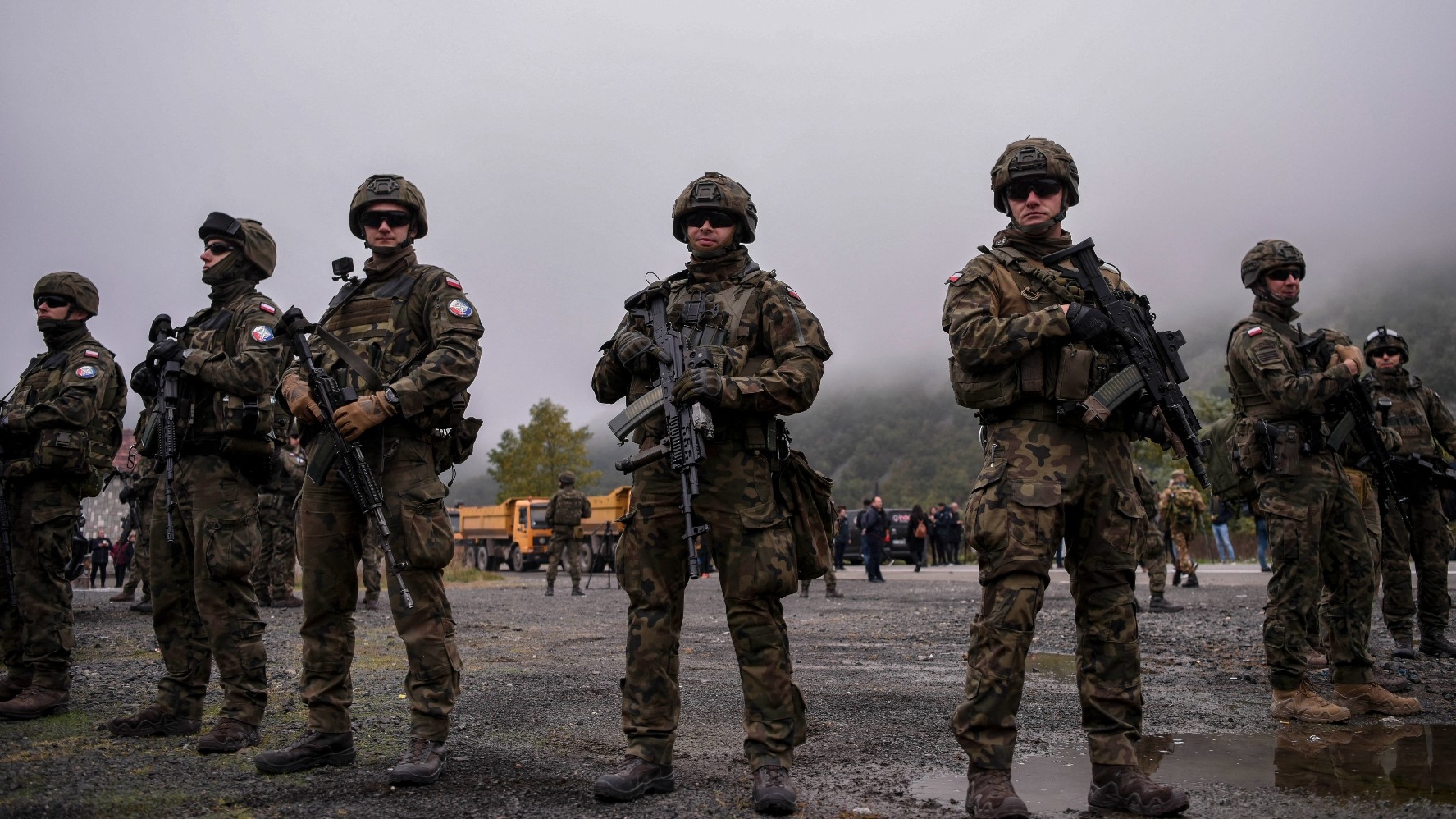
Recent tensions on the Kosovo-Serbia border have revived fears of a new Balkan war. The conflict began over the Kosovo government’s requirement that Serbian visitors use a provisional identity card, rather than their Serbian ID, while visiting the country. Hours before the new regulations were set to take effect on 1 August, tensions flared as Serbs in northern Kosovo set up roadblocks.
These Serbs, who are citizens of Kosovo but consider themselves more loyal to Serbia, are a serious problem for Kosovo, whose independence has not been ratified by the UN. Serbian President Aleksandar Vucic maintains that Kosovo is not an independent state, fuelling nationalistic sentiments in his own country. With these tensions resurfacing again, Kosovo has postponed implementation of the new ID card law until 1 September.
The fact that some international powers want to maintain this region as a proxy arena will always keep the possibility of conflict alive
Kosovo’s independence is currently recognised by 117 countries. While the majority of its population is Albanian, there are also Turkish, Bosnian, Serb, Gorani, Romani, Ashkali and Egyptian minorities. None can forget how Serbian nationalism triggered a bloody war after the collapse of Yugoslavia in the early 1990s.
Following the intervention of Nato and many other countries, relative peace and stability were achieved - but the problem of how to maintain this stability among the local mosaic of cultures has not been fully resolved.
Indeed, the ethnically rooted war in Bosnia and Herzegovina in the 1990s, followed by the Kosovo-Serbia conflict, reminds us of the significant fault lines across Europe that could rupture at any moment.
New MEE newsletter: Jerusalem Dispatch
Sign up to get the latest insights and analysis on Israel-Palestine, alongside Turkey Unpacked and other MEE newsletters
Expanding influence
The Balkan region has historically been a place of rich ethnic, religious and cultural diversity, preserved across Ottoman lands for centuries. The Ottoman millet system, which entailed the administration of separate religious communities, provided an atmosphere in which various groups could live together in peace.
But in the process leading to the disintegration of the Ottoman Empire, nationalistic currents began to spread among different cultural groups. The Balkans became a competitive field for international powers.
It is not just that the peoples themselves were unwilling to live together; Russia, for example, has long wanted to use the Serbian presence in Kosovo as a means of expanding its influence. Today, amid the Russia-Ukraine war, there are fears that Moscow could attempt to leverage this conflict to spur a proxy war within Europe.
Of course, such a strategy would face obstacles. Serbs or the Serbian state would not likely see any benefits to becoming entangled in a proxy war. Vucic himself has indicated as much, using de-escalatory language about Serbia and Kosovo avoiding a “worst-case scenario”, and noting: “Some obviously want to see Russia’s attack on Ukraine as an opportunity. They are trying to make Serbia look connected to Russia and depict [me] as ‘the little Putin’ who is attracting the reaction of the West.”
At the same time, the West does not want to leave this region to Russia. The Muslim population living in these lands has long had to confront the eternal legacy of the Crusades.
The Ottoman administration’s policy of multiculturalism was viewed as a weakness through Orientalist lenses, which is likely why Europe remained a bystander to the genocidal violence against Muslims in Bosnia and Herzegovina.
The need for dialogue
Today’s power balance and the limitations of international law cannot produce a solution that satisfies all sides in the Balkans. The fact that some international powers want to maintain this region as a proxy arena will always keep the possibility of conflict alive.
But the Balkans should not be seen as a proxy war zone; each of the diverse peoples living here must respect their neighbours’ rights to self-determination.
Turkey has always viewed the Balkans in this context, respecting everyone’s right to live freely and with dignity. Ankara opposed the genocide in Bosnia and Herzegovina, and it was among the first countries in the world to recognise the independence of Kosovo.
Yet, Turkey also knew that the maintenance of stability would only be possible through mutual dialogue and understanding among all parties. For this reason, it continued an intense economic and political dialogue with Serbia.
Many ethnic and cultural communities in the Balkans have coexisted in a mosaic for centuries, and there’s no reason why they can’t continue to do so - as long as other states don’t get in the way
Late last month, Turkish Foreign Minister Mevlut Cavusoglu met his Serbian and Kosovar counterparts, urging common sense on both sides. Citing the importance of “peace and stability” in the region, he tweeted: “New tensions will not help anyone. [Turkey] is ready to do whatever is necessary to reduce the tension.”
President Recep Tayyip Erdogan, who believes that regional stability can be ensured by strengthening such relations, visited Serbia in the autumn of 2019 and signed nine new cooperation agreements.
He also attended a groundbreaking ceremony for a major portion of the Belgrade-Sarajevo Highway, connecting Serbia with Bosnia and Herzegovina. In addition to the economic benefits, it was a major symbolic achievement, which Erdogan said would “contribute to regional peace and unite the hearts”.
Erdogan has thus demonstrated the importance of extending an olive branch and maintaining relations with both sides.
Turkey wants to maintain stability in the region, and to that end, the Balkans cannot become a proxy conflict site. Many ethnic and cultural communities in the Balkans have coexisted in a mosaic for centuries, and there’s no reason why they can’t continue to do so - as long as other states don’t get in the way.
The views expressed in this article belong to the author and do not necessarily reflect the editorial policy of Middle East Eye.
Middle East Eye delivers independent and unrivalled coverage and analysis of the Middle East, North Africa and beyond. To learn more about republishing this content and the associated fees, please fill out this form. More about MEE can be found here.



